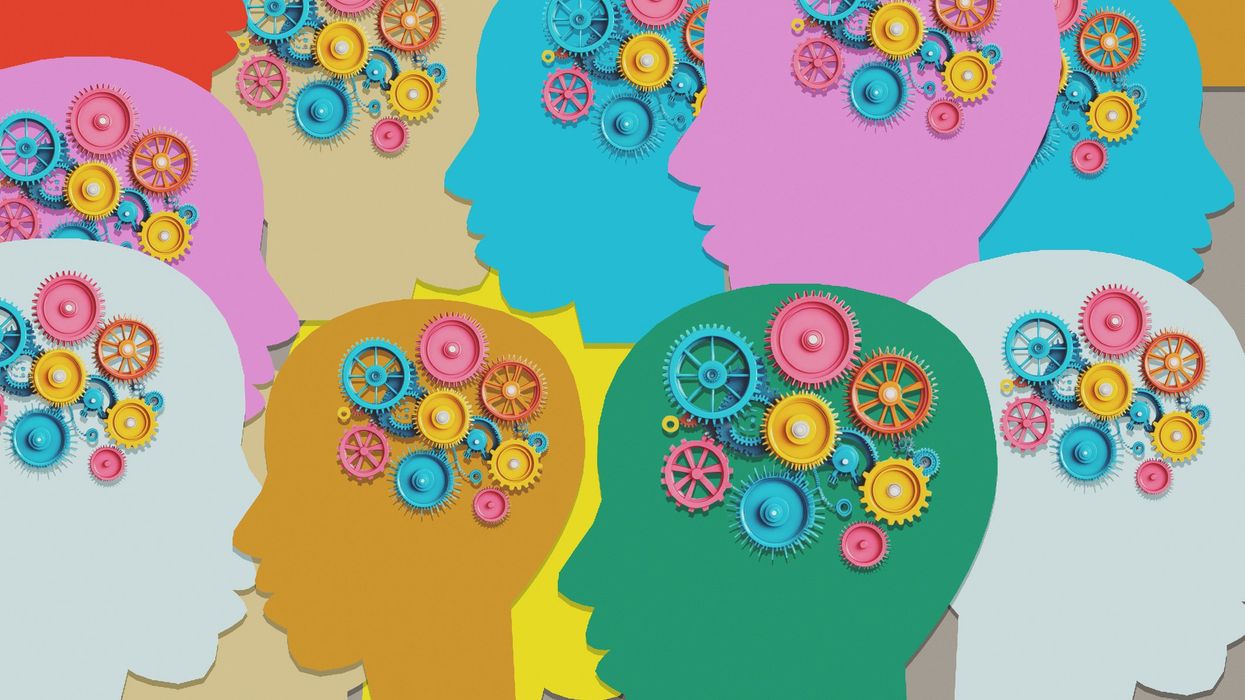Have you ever wondered why so many otherwise reasonable people are completely bananas about politics? We all know plenty of normal and decent folks who spout wacky political views. But it’s not just our neighbors who’ve gone mad. All over the country, Americans pick and choose the facts they want to believe, champion policies they don’t understand, hold contradictory views at the same time, admire immoral politicians, loathe decent ones, and so on.
What’s going on here? And why does it seem to be getting worse?
Indeed, this irrationality has reached such heights that Joe Biden served as President of the United States despite his clearly declining mental facilities, with little objection from nearly half the country. And, even worse, a reality television star, Donald Trump, was nominated by his party and elected president for the second time after openly trying to reverse a presidential election.
Something’s going on here. Something odd and unnerving. But what, exactly, is it? What explains America’s deeply confused and dysfunctional politics?
The answer is the human mind. It’s psychology. The psychology of politics is what’s fueling this mess.
For starters, the human mind evolved over millennia in environments far different from modern society. We developed as a species in small tribal settings where most stimuli could be directly seen, touched, and experienced. We hunted. We gathered. We told stories by the fire. Our ancestors didn't read newspapers or listen to podcasts. They didn't watch cable news. And they certainly didn't doom scroll algorithmic social-media feeds at the wee hours of the night.
Our minds are simply not engineered to accurately grasp the distant and complicated happenings of modern-day politics. We don’t do well with statistics. We over-simplify stories. We’re over-confident about what we know and understand. Figuring out what a new policy will actually achieve or who said what behind closed doors—all from a great distance—is just not something we do well. Yet, that’s what politics is all about.
Moreover, our tribal roots make us, well, tribal. We evolved relying on small tribes to help us survive. Our tribal mates helped us find food and shelter. And they protected us from rival clans. Humans thus find profound joy and comfort from being on a team. This powerful aspect of human psychology causes us to interpret political happenings in favor of our tribe and against the other side—even when facts and logic demand a different perspective.
Complicating things even further, numerous cognitive biases impact how we consume and process information. Individually, these systematic mental defects skew our thinking. Taken together, they wallop our senses and distort our paradigms. Several play a huge role in politics. Confirmation Bias makes us interpret new information in line with existing beliefs and loyalties. Hindsight Bias makes us think we were right about our previous views even when we were wrong. The Narrative Bias makes us create stories out of disparate facts, even when the facts don't support the story. The Availability Heuristic makes us over-weigh the importance of the information we are aware of (that's available) compared to other relevant information.
A powerful bias that compounds and overlays all these other mental glitches, moreover, is Bias Bias: we don't think we're biased at all. As cognitive psychologist Carol Tavris explained, “The brain is designed with blind spots, optical and psychological, and one of its cleverest tricks is to confer on its owner the comforting delusion that he or she does not have any.” We humans thus righteously proclaim our unique version of the truth, certain we’re correct yet oblivious to all the holes and errors in what we espouse.
In sum, we are tribal, biased creatures with a machine between our ears—the human mind—that doesn't work the way we think it does. And this machine is the tool we use to think about politics. The political news we ingest must first be run through our psychology in order to reach our conclusions. Is it any wonder, then, that our politics are stark raving mad? Indeed, most of what we call politics boils down to this: people and politicians making sense of the world and then expressing their opinions—at the dinner table, online, at the water cooler, from behind the podium.
We must do better. It’s fine to be biased with sports. Who cares if millions of disgruntled fans wrongly believe the refs cost them the game? But politics is different. In a democratic society, the views of the populace determine elections, shape policies, and influence decisions about war and peace. The more these views are rooted in accurate thinking—and the less they are distorted by psychological factors—the better the outcomes will be. Put simply: if we want rational policies and politicians, we must first be rational ourselves.
William Cooper is the author of How America Works … And Why It Doesn’t.



















